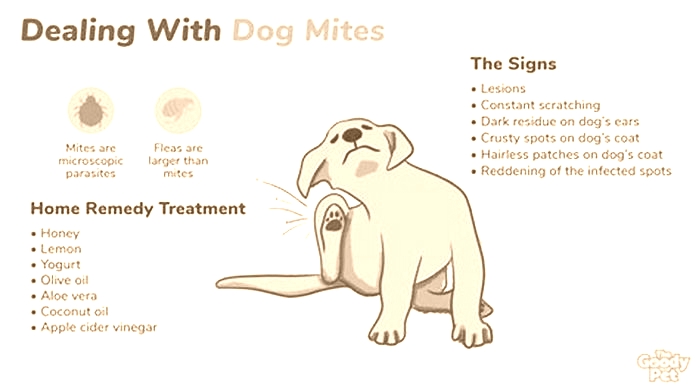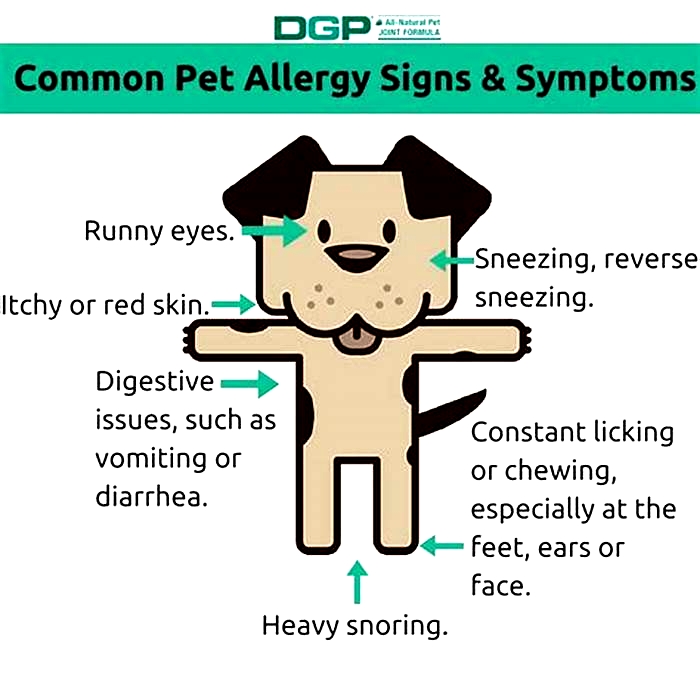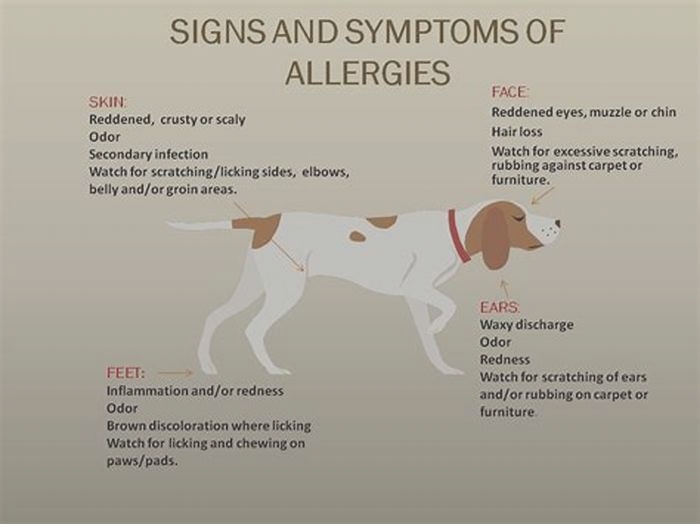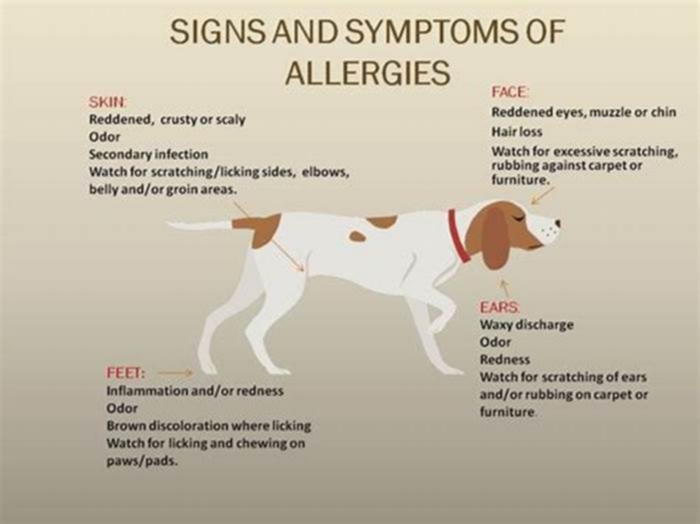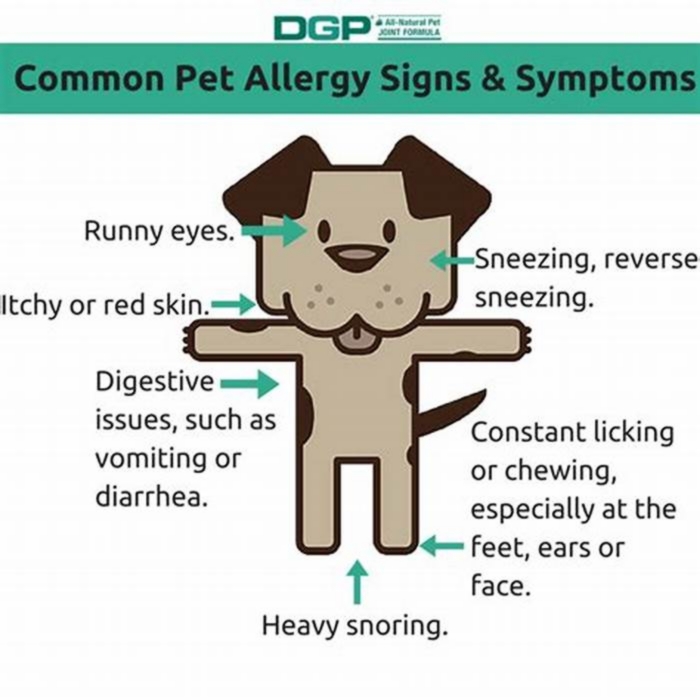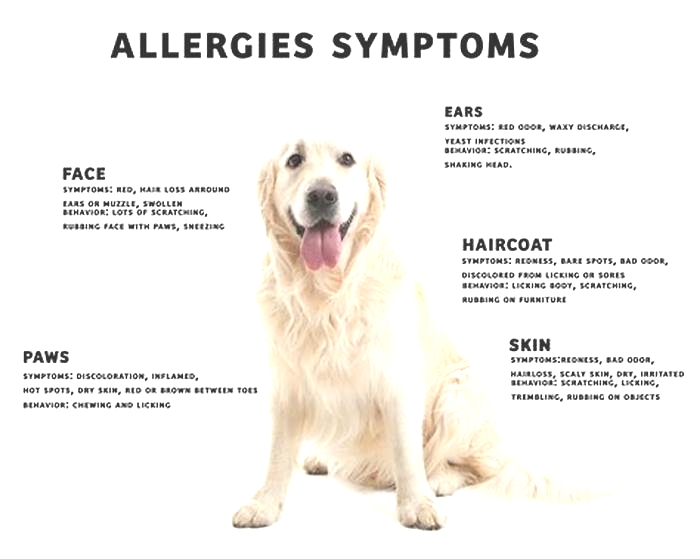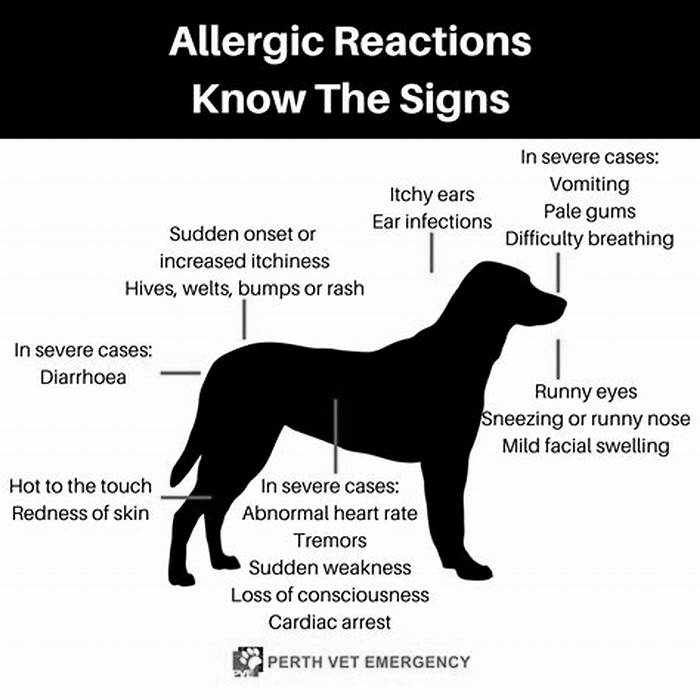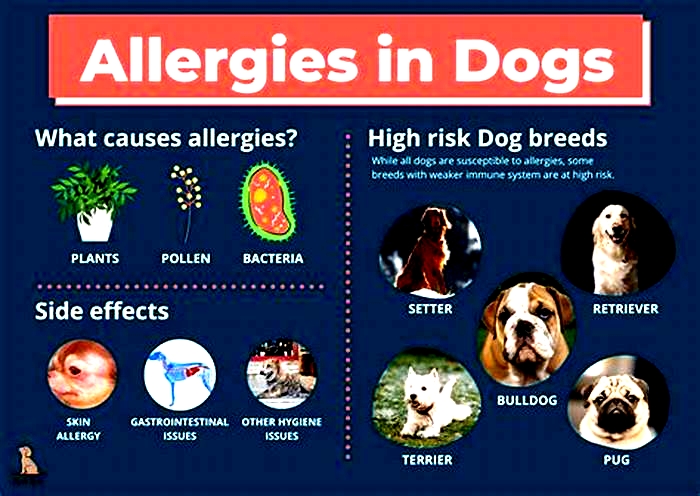Can I live with a dog if I am allergic

9 Tricks for Living with Dogs When You are Allergic to Them
It is possible to enjoy a wonderful life with dogs if you suffer from allergies to them, or if you have family members who are allergic to dogs. Not that its necessarily entirely comfortable, mind you, but it is doable. I should know.
Minus a few years in college, Ive lived with dogs since I was born despite being allergic to them. I adore dogs beyond measure and refuse to live without them. Im lucky that allergy treatments as a child and careful use of medicines now make that possible.
Still, Ive been tested and am indeed allergic to dogs and cats, and Im not the only one.Cathy Lester, an artist specializing in soulful works of animals, including pet portraits, suffers from both asthma and allergies. Since she also has many dog grooming clients, I asked her how she manages to live with dogs and breathe at the same time. Here is a list of tips we use to manage living with dogs, from one allergy sufferer to another.
1. Consult with an Allergist
When the allergists first recommendation was that the dogs had to go, Lester replied, That's not gonna happen. What else? Lester sticks to a strict schedule for medications and uses the tips below to minimize her exposure to allergens.
Ive learned that nothing works for me like certain antihistamines. Some dont work for me while others do the trick quite nicely. I use a daily over-the-counter antihistamine nasal spray which I layer with another OTC antihistamine on especially troublesome days (usually a couple of times a week). Prescription medications and allergy vaccines may also be in order.
2. Create a Regular Dog Grooming Schedule
Bathing
Nothing tamps down the allergens that live in pet fur and skin better than a good cleansing. It strips them off the surface and washes them down the drain.
Just in case youre thinking that bathing will make you break out in allergic spasms, my experience is that once I wet the fur, the allergens tend to settle right down. But theres no way of knowing without trying. Bathing at least weekly is recommended. If your pet has sensitive skin, be sure to ask your veterinarian to recommend a specific shampoo for this purpose.
Brushing
Unlike the bath, this approach is not recommended for the allergic to undertake. Wearing a mask might just make the process bearable but I recommend that someone else brush the animals out of doors while the allergic person remains at a safe distance. After brushing, smoothing down the skin with a moistened towel to keep any stray bits of dander from flying about is strongly recommended.Brushes that specifically remove the undercoat(which can trap the allergens) will help lift and remove the offending molecules. The Furminator is a good choice. A twice-weekly brushing in between bathing is a reasonable schedule.
Im also a fan of using wet microfiber towels to wipe pollen off my dogs among other everyday items I use in pet care. Sometimes doctors blame pets, when it isnt as much the pet causing the allergy as it is other allergens sticking to the pet.
Treat Any Skin Conditions Your Dog Has
Interestingly enough, pets with skin disease are more likely to wreak allergic havoc on allergic household members. Keeping these diseases under control, with the help of a veterinarian, can be transformative for those with allergies.
3. Keep the Dogs Off the Bed
If you let your dogs on your bed, youre increasing your exposure to more than just the pet dander. Common allergens, like pollen and dust, can stick to a dogs fur. If you let your dogs on your bed, those allergens can and will transfer to your bedding.
Lesters three dogs two Border Collies and a new Papillon-mix puppy do sleep in the bedroom, but they are not allowed on the bed.
Being a small dog, the puppy sometimes breaks this rule. Lester explains, however, that he lies on an easily washed blanket, and he does not spend the whole night on the bed.
4. Rinse Your Sinuses Daily With Saline
Lester does this religiously every single day and has been able to reduce her symptoms by 99%. Yes, really, she adds, for those who are dubious.
I do this too, and it really helps.
5. Choose Hard-surface Flooring
Carpeting plus dogs is an allergy sufferers worse nightmare. It holds all manner of ick, Lester says. She likes hardwood floors because they are easy to clean and stand up to critters.
My own house features tile on the main level. We do have carpet upstairs, but the dogs are not allowed up there.
6. Clean (Roomba, Swiffer, Allergy Sprays)
For those who can afford it, hiring a cleaning crew to do the heavy lifting can help a whole lot. This is especially true of the semi-annual kind of cleaning where a lot of reaching behind furniture and rearranging of items is required. All that hair and skin builds up!
For the routine kind of cleaning everyone does on their own, investing in a robotic vacuum cleaner to accomplish this task while youre out of the home can be a godsend. The only problem is that a non-allergic person needs to empty the filter. Also note that using a Swiffer-style cloth on the floor or employing any wet-style cleaning approach is always a safer alternative to traditional sweeping.
7. Change Your Air Filters Regularly
Changing the air conditioning filters in your home more often (every two weeks or so) can be expensive, but it can also lower the amount of dander in the house to manageable levels.
8. Dont Touch Other Dogs
At dog classes, when meeting friends' dogs, or seeing other dogs in public, Lester does not touch them. Because others dont bathe their dogs as frequently or as thoroughly as she does, Lester is sure to develop swollen eyes, clogged sinuses, and hives within minutes of touching a dog other than her own. It makes me look like I hate dogs, she says, but you know its exactly the opposite.
9. Choose a Dog Breed That Sheds Less Than Other Breeds
The theory is that dogs that shed less, for example, are better for allergy sufferers. However, after analyzing hair and coat samples from various breeds of dogs, then testing samples of dust from their homes for a major canine allergen, researchers concluded the following: There is no evidence for the classification of certain dog breeds as being hypoallergenic. However,there are certain dog breeds that might be better for allergy sufferers. All dogs producesomedander. However, these breeds dont shed as much as other dogs and will produce less dander.
Am I allergic to my dog?
We include products we think are useful for our readers. If you buy through links on this page, we may earn a small commission. Heres our process.
Medical News Today only shows you brands and products that we stand behind.
Our team thoroughly researches and evaluates the recommendations we make on our site. To establish that the product manufacturers addressed safety and efficacy standards, we:- Evaluate ingredients and composition: Do they have the potential to cause harm?
- Fact-check all health claims: Do they align with the current body of scientific evidence?
- Assess the brand: Does it operate with integrity and adhere to industry best practices?
People who are allergic to dogs may experience a rash, hives, or watery eyes when exposed to dog saliva or dog dander.
In many cases, symptoms of a dog allergy are mild, and a person may still be able to live with a dog if they can manage their symptoms. Some home remedies can reduce symptoms. However, the only truly effective way to eliminate dog allergies is to avoid exposure to dogs.
In this article, we look at symptoms of allergic reactions to dogs and ways to manage them, including home remedies and medical treatments.
Specific symptoms and when they occur depend on the severity of the allergy. People who have severe allergic reactions to dogs may experience symptoms soon after exposure, while those with more minor allergies may take longer to develop symptoms.
Symptoms include:
- a skin rash that is red or consists of small, red, raised bumps called hives
- nasal congestion
- a runny nose and sneezing
- itchy, red, and watering eyes
- coughing
- wheezing
- tightness in the chest and shortness of breath
If a person lives with a dog, it is difficult to make the environment allergen-free. Dog dander (dead skin cells) can linger in the air for a long time and can stick to household items, such as curtains, furniture, bedding, and carpets.
Hypoallergenic breeds of dogs shed less than others so they may be less likely to cause allergic reactions. However, some
The only sure way to eliminate dog allergies is by avoiding contact with dogs. However, if a person does spend time with dogs, the following home remedies may help them to manage symptoms:
- Using a saline sinus rinse. Rinse the nostrils using a mixture made of 3 teaspoons of salt (iodine free), 1 teaspoon of baking soda, and 8 ounces of warm water. Use an ear dropper to put the solution into the nostril or purchase a sinus rinsing device from a pharmacy or online.
- Plant supplements. Taking certain plant supplements, such as those containing rosmarinic acid, may reduce allergy symptoms according to a 2014 study.
Lifestyle tips that can reduce the impact of dog allergies include:
- avoiding touching eyes or face after contact with dogs
- washing hands with soap after contact with dogs
- avoiding close contact with dogs, such as hugging or kissing them
- using a vacuum cleaner designed to trap and contain airborne allergens
- cleaning the house, washing the bedding weekly, and keeping the house tidy
- cleaning more often during winter months
- restricting dogs to specific rooms or spaces
- keeping dogs out of the bedroom and off furniture
- bathing dogs every 1 to 2 weeks
- wearing a dust mask and gloves while cleaning or in areas with dogs
- brushing and cleaning dogs outdoors when possible
If anyone is considering bringing a dog into their home, they should do an allergy test or undertake a trial period before committing to this.
There are over-the-counter (OTC) and prescription medications available that can help reduce or resolve the symptoms for people who are allergic to dogs.
OTC remedies for dog allergies include:
Antihistamines
Antihistamine medications block histamine, a compound that helps initiate local immune responses and cause allergy symptoms. Popular OTC brands for long-term exposure may contain loratadine, cetirizine hydrochloride, or fexofenadine hydrochloride.
Antihistamines can be bought online or obtained on prescription from a doctor.
Nasal decongestants and nasal corticosteroids
These medications help reverse the inflammation caused by immune responses and relieve nasal congestion. Some nasal corticosteroids are now available without a prescription and can be purchased online.
Immunotherapy
An allergist (a specialist in diagnosing allergies) may treat severe or chronic allergy symptoms using immunotherapy, also known as allergy shots.
Immunotherapy involves injecting allergens into a person in gradually increasing amounts. These allergy shots help a person to build a tolerance to allergens. It usually takes several sessions over several months to complete immunotherapy.
Other treatments
Many people with pet allergies also have asthma, and exposure to the pet allergens can cause asthmatic episodes or worsen a persons symptoms. In these situations, a doctor may prescribe inhalable corticosteroids or bronchodilators that help keep the airways open.
Dogs produce a variety of proteins that cause allergies in some people. The highest concentrations of these proteins are in dog saliva, with lower amounts found in dander and urine.
Dander tends to build up on hair follicles, so dog hair usually carries a large number of allergens.
If a doctor thinks that a person may be allergic to dogs, they will refer them to an allergist.
In most cases, an allergist will use a skin-prick test to diagnose allergies.
During a skin-prick test, an allergist will put a droplet containing a tiny amount of dog proteins onto the skin. They will then make a small prick in the skin, allowing the mixture to enter the body.
Most people who are allergic to the mixture will have a response within 15 to 30 minutes.
Sometimes, an allergist will decide that an individual who thinks they are allergic to dogs is actually responding to other allergens commonly found on dogs or dog hair, such as dust or pollen.
People who are allergic to dogs can get relief from symptoms by avoiding dogs and places where there are dogs. Many people choose to manage their symptoms by making lifestyle adjustments, such as more frequent housecleaning, but this can be extremely challenging.
OTC medications, such as antihistamines and nasal decongestants, can also help a person reduce or manage their allergy symptoms.
People with more severe or chronic dog allergies should speak with a doctor about prescription medications and therapies that can help manage symptoms.

